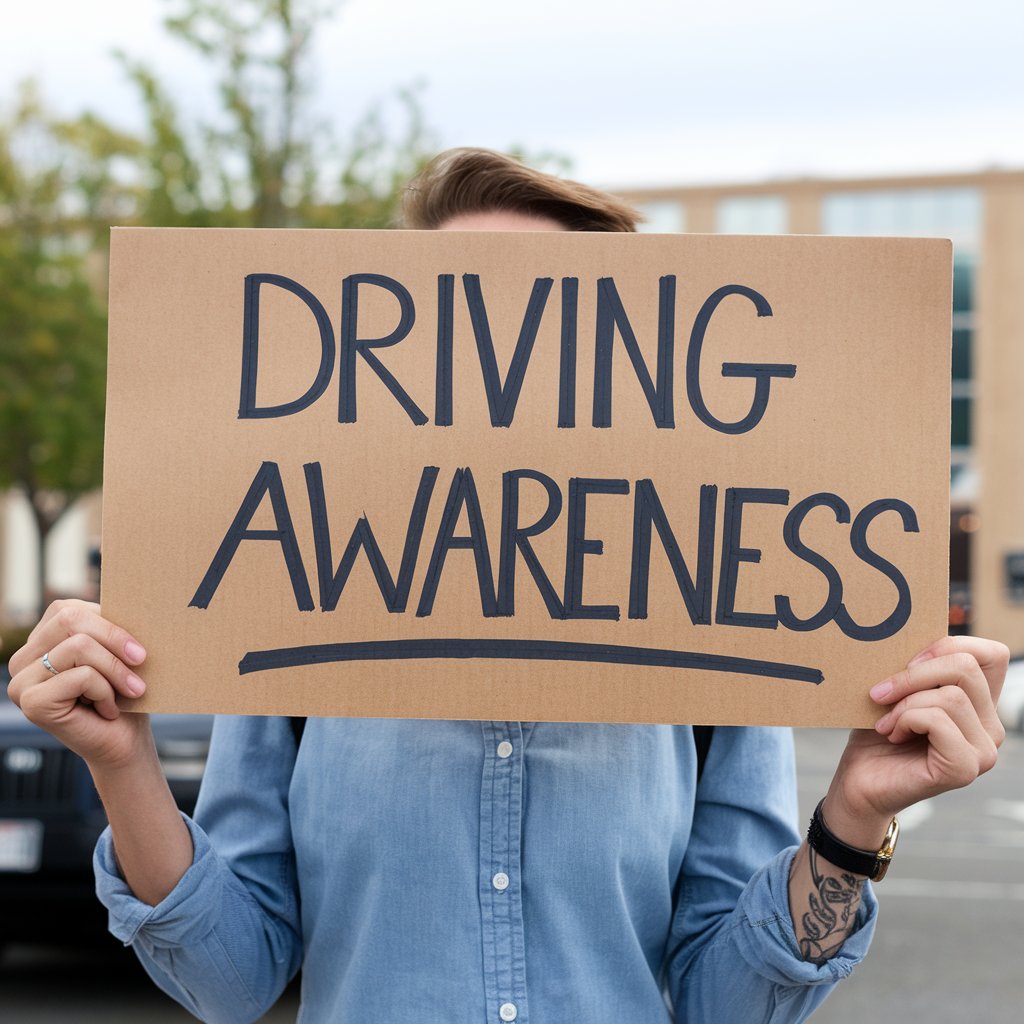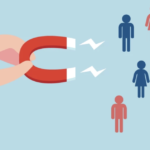Drunk driving is still one of the most preventable causes of accidents on the roads, yet its impact is devastatingly persistent. Each year, lives are lost, families are ripped apart, and communities are left grappling with the consequences of impaired driving. Understanding the severity of drunk driving, promoting awareness, and exploring legal recourse for victims are essential steps in reducing its prevalence and ensuring justice for those affected.
The Stark Reality of Drunk Driving Accidents
Drunk driving statistics underscore the gravity of the issue. The National Highway Traffic Safety Administration (NHTSA) revealed that nearly 28 people in the United States die every day in drunk-driving crashes. That’s one person every 52 minutes. In 2020 alone, shockingly, 11,654 lives were lost due to alcohol-impaired driving, accounting for 30% of all traffic fatalities in the country.
In addition to fatalities, drunk driving causes countless injuries each year, many of which result in life-altering consequences such as permanent disabilities, chronic pain, and emotional trauma. Victims and their families face enormous financial burdens, including medical expenses, rehabilitation costs, and lost income.
Why Drunk Driving Happens
Despite stringent laws and widespread awareness campaigns, drunk driving continues to occur for several reasons:
- Underestimation of Impairment: Many drivers believe they’re still capable of safely operating a vehicle after consuming alcohol, failing to recognize how quickly it impairs judgment and reaction times.
- Social Pressures: Social drinking can lead to situations where people feel compelled to drive rather than inconvenience others or spend money on alternative transportation.
- Lack of Planning: Drivers often fail to arrange for designated drivers or rideshares before drinking, increasing the likelihood of impaired driving.
Recognizing these common factors is crucial for creating effective prevention strategies.
The Devastating Impact on Victims
The many consequences of drunk driving extend far beyond the immediate accident. Victims often experience:
- Physical Injuries: These range from simply minor cuts and bruises to severe injuries such as traumatic brain injuries (TBIs), spinal cord injuries, and broken bones.
- Emotional Trauma: Survivors and their families may experience anxiety, depression, or post-traumatic stress disorder (PTSD).
- Financial Strain: Medical bills, lost wages, and ongoing rehabilitation can impose significant financial challenges.
Families who lose loved ones to drunk driving accidents face immeasurable grief and the difficulty of rebuilding their lives without them.
Legal Recourse for Drunk Driving Victims
For victims of drunk driving accidents, seeking legal action from a team of drunk driving accident attorneys at Lawsuit Legal, or a similar firms is a critical step toward justice and recovery. Personal injury and wrongful death claims can help to cover medical expenses, lost income, and emotional damages caused by the accident. Working with experienced legal professionals ensures that victims and their families can navigate the complex legal process and secure the compensation they deserve.
If you or someone you know has been affected by a drunk driving accident, consulting with a Springfield drunk driving accident lawyer can provide guidance on how to proceed. These attorneys specialize in handling drunk driving cases, offering the expertise needed to hold negligent drivers accountable.
Preventing Drunk Driving: Steps That Everyone Can Take
Preventing drunk driving requires collective effort and individual responsibility. Here are key steps that can make a difference:
- Plan Ahead: Always designate a sober driver or arrange for rideshare services if alcohol consumption is planned.
- Educate Others: Share information about the dangers of drunk driving with friends and family, particularly younger drivers who may underestimate the risks.
- Lead by Example: Demonstrate responsible behavior by never driving after drinking and encouraging others to do the same.
- Support Legislation: Advocate for stricter drunk driving laws and support initiatives that promote road safety, such as sobriety checkpoints and ignition interlock devices.
By taking these steps, people can contribute to a cultural shift that prioritizes safety over convenience.
Conclusion
Drunk driving accidents are entirely preventable tragedies that continue to claim lives and inflict pain on countless families. By promoting awareness, supporting victims, and holding offenders accountable, we can work toward safer roads for everyone. Through education, prevention, and advocacy, we can address the devastating consequences of drunk driving and build a future where such accidents become a thing of the past.






